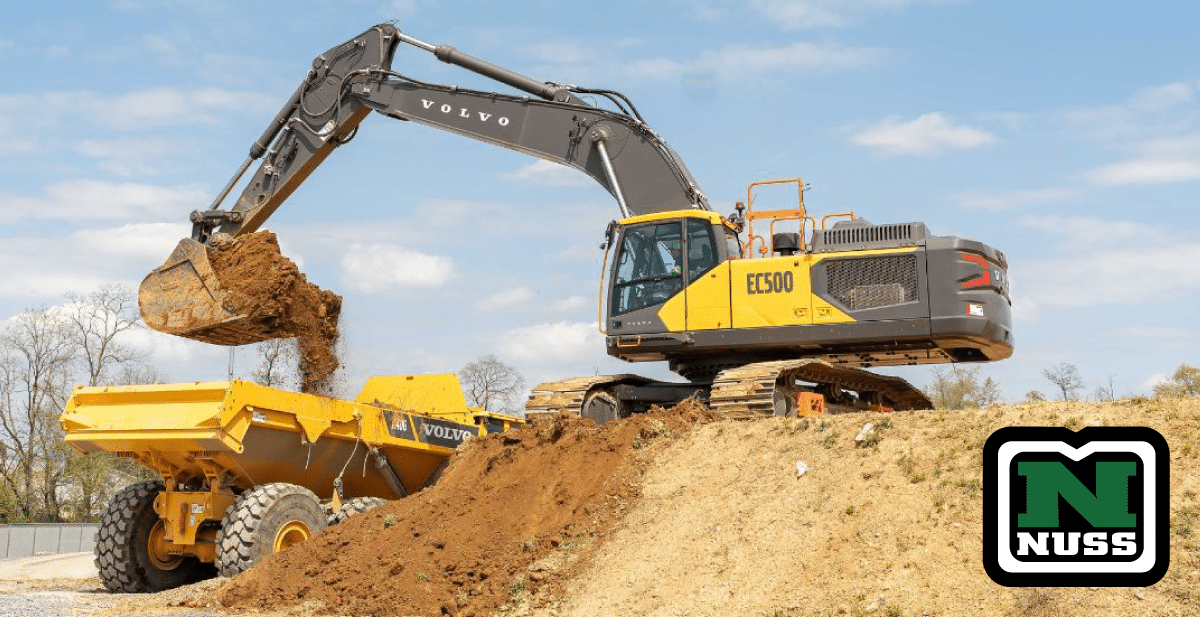When it comes to maintaining and repairing your construction equipment, the decision to do it yourself or call your dealer can be a tough one. Both options have their pros and cons, and the right choice depends on several factors, including the complexity of the repair, your level of expertise, and the potential risks involved. In this post, we’ll explore the advantages and disadvantages of DIY repairs versus dealer service, helping you make an informed decision for your heavy equipment.

The Appeal of DIY Repairs
For many equipment owners, the idea of performing repairs themselves is appealing. It can be faster, more convenient, and less expensive than taking your machine to a dealer. If you have a skilled technician on your team, DIY repairs can be a smart move, especially for routine maintenance and minor repairs. Here are some common DIY tasks that are generally safe and straightforward:
- Routine Maintenance: Tasks like oil changes, filter replacements, and greasing are essential to keep your equipment running smoothly. These are straightforward jobs that you can handle in your shop, as outlined in your operator’s manual.
- Minor Welding: Small welding repairs, such as fixing a cracked bucket, can be done safely in-house, provided the weld isn’t in a critical area like the frame or boom. For major structural repairs, though, consulting your dealer is advisable.
- Wire Harness Repairs: Minor repairs, such as splicing wires or replacing relays and fuses, can often be done by your technician. However, extensive damage to the harness or connectors may require specialized tools and dealer expertise.
- Component Replacement: Replacing simple components like cylinders, pumps, or actuators that bolt on is usually manageable. Just be aware that more complex components, like load-sensing pumps, may require precise pressure settings that are best handled by a dealer.
- Hydraulic Hose Replacement: Replacing hydraulic hoses is another common DIY task, as long as you ensure that the new hoses meet the correct specs for size, durability, and pressure rating.
When to Call Your Dealer
While DIY repairs have their advantages, there are certain situations where it’s better to rely on the expertise of your local Nuss dealer. Here are some scenarios where professional service is the safer and more cost-effective option:
- Injector Repairs on Newer Systems: Newer machines with high-pressure common rail pump and injector systems are complex and require specialized knowledge. Mistakes can lead to costly damage or even injury, so it’s best to leave these repairs to your dealer.
- Pump Replacements with Pressure Settings: If you’re not familiar with the correct pressure settings for your pump, you risk causing serious issues. Dealers have the tools and training to ensure the job is done right.
- ECU Replacements: Electronic Control Units (ECUs) often require specific programming and calibration that most owners don’t have access to. Installing a new ECU without the proper setup can leave your machine inoperable, requiring dealer intervention anyway.
- Transmission Replacements: Like ECUs, transmissions often need calibration and specialized tools. Newer machines are especially complex, and attempting a DIY transmission replacement can lead to more problems down the line.
- Load-Sensing Pumps: These pumps require precise pressure settings within tight tolerances. A dealer can ensure these settings are correct, preventing issues that could lead to further damage.
The Bottom Line
DIY repairs can save time and money in some cases, but they also come with risks. The key is knowing your limits and understanding when a job is best left to the professionals. If a repair is beyond your technician’s expertise, or if it requires specialized tools and knowledge, it’s worth contacting your dealer. In the long run, this can save you from costly mistakes and downtime.
At Nuss Truck & Equipment, we’re here to help you keep your equipment running efficiently and safely. Whether you choose to do it yourself or need our expert service, we’ve got you covered. Visit our Volvo Services page to learn more about the maintenance, repair, parts, and services we offer.
Remember, safety should always be your top priority. Follow all safety guidelines as outlined in your operator’s manual, and don’t hesitate to reach out to your dealer for advice or assistance.
Contact us today at 1-866-NUSSGRP to discuss your equipment needs and how we can support your operation!

